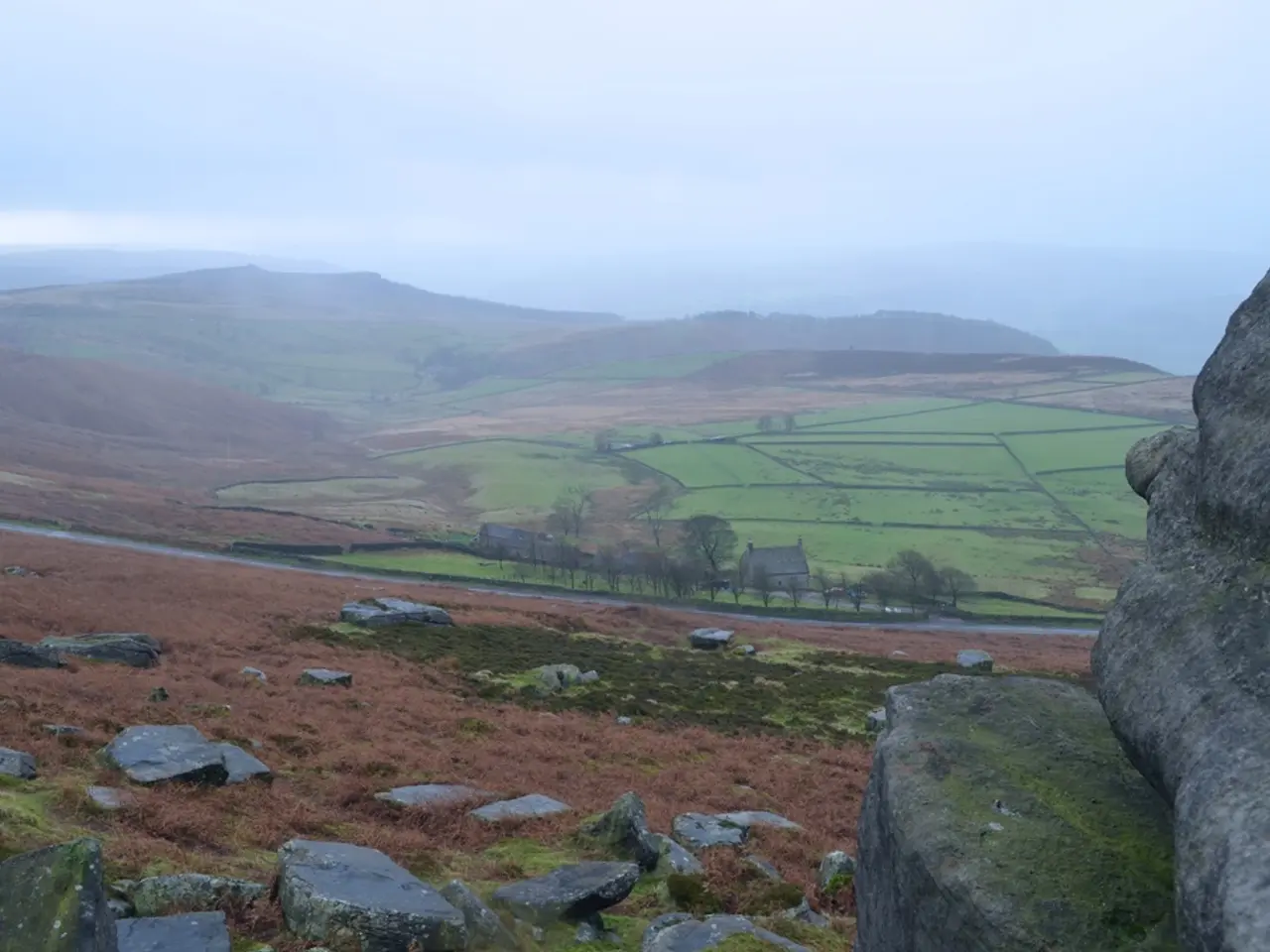Abu Dhabi, United Arab Emirates: Recent Developments
### Abu Dhabi: A City Embracing Sustainable Innovation and Economic Diversification
Abu Dhabi, the capital city of the United Arab Emirates, is charting a unique development course that sets it apart from its glitzy neighbour, Dubai. While Dubai is renowned for its rapid commercial dynamism and global investment branding, Abu Dhabi is focusing heavily on sustainable innovation and economic diversification.
At the heart of Abu Dhabi's strategy is its Economic Vision 2030, which positions the city as a global centre for sustainable innovation and knowledge-based industries. This forward-thinking approach is evident in its investments in clean energy, climate technology, and advanced manufacturing, making Abu Dhabi a leader in future-oriented sectors.
One of the most striking examples of this approach is Masdar City, a flagship project designed as a sustainable urban community. Emphasising renewable energy, green building, and minimal environmental impact, Masdar City serves as a hub for research institutions, startups, and global companies dedicated to clean technologies. This pioneering project sets Abu Dhabi apart as a pioneer in eco-friendly urban development.
Beyond clean energy, Abu Dhabi is also expanding its economic horizons into financial services, healthcare innovation, and advanced manufacturing. This diversification strategy is crucial in moving the city beyond its reliance on oil and traditional industries.
Abu Dhabi's real estate market grows steadily with lower transaction costs (2% registration fee vs. Dubai's 4%) and a focus on long-term value and stability rather than speculative rapid growth. This conservative and sustainable growth approach offers protection against market volatility.
International investors, including Chinese buyers, have recently shown strong interest in Abu Dhabi, valuing its long-term stability and growing luxury property market with a promising value proposition.
In comparison, Dubai emphasises fast-paced, market-driven growth and global branding, with a focus on business, tourism, luxury real estate, and iconic developments. While Dubai offers a global dynamism that attracts many tourists, Abu Dhabi offers a more steady, sustainable approach with opportunities for long-term growth.
Visiting Abu Dhabi provides an insight into contemporary UAE culture, with numerous cultural institutions designed by world-famous architects, such as the Louvre Abu Dhabi and the Saadiyat Cultural District. The city's tourism developments are primarily low-key, well-planned, and exclusive, catering to the wealthy.
In summary, Abu Dhabi's unique development approach centres on sustainable innovation and economic diversification, supported by projects like Masdar City and cultural assets like the Louvre Abu Dhabi. In contrast, Dubai emphasises rapid commercial growth and luxury tourism. This distinction informs their respective key attractions and investment appeals, with Abu Dhabi offering steadier, sustainable opportunities and Dubai focusing on global dynamism and iconic developments.
Travelers visiting Abu Dhabi can exploration Masdar City, a sustainable urban community that showcases commitment to environmental-science, featuring renewable energy sources, green building, and minimal environmental impact. Science-minded travelers may find research institutions, startups, and global companies dedicated to clean technologies within Masdar City, making it a destination for those interested in the intersection of lifestyle and travel with sustainability. Beyond Masdar City, Abu Dhabi's Economic Vision 2030 seeks to position the city as a global center for sustainable innovation in sectors like clean energy, climate technology, and advanced manufacturing, offering opportunities for those seeking long-term investment in these future-oriented industries.




